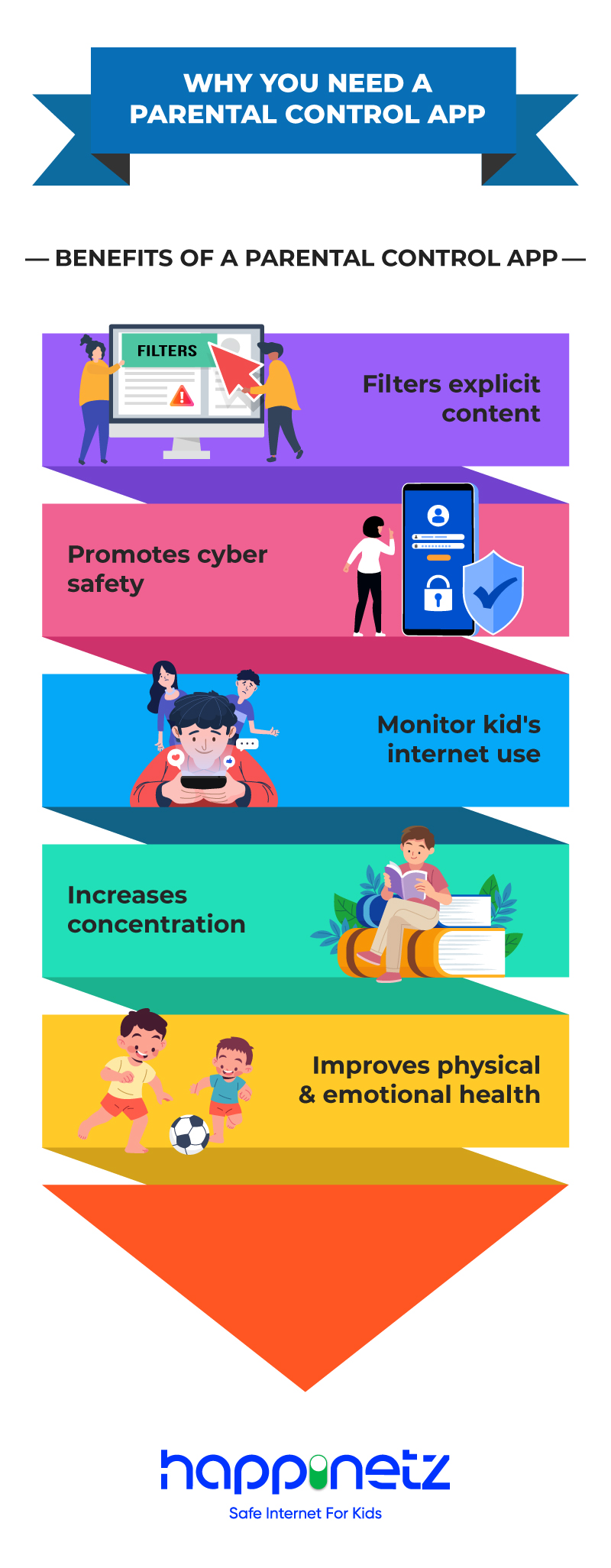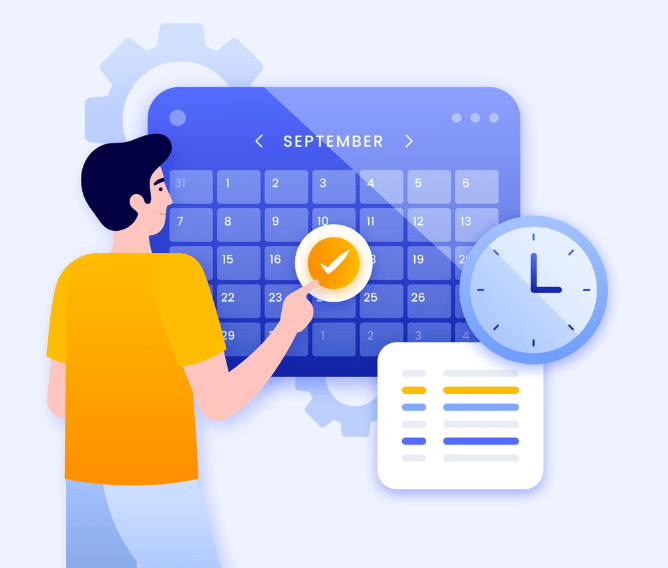If one were to walk into any average family home today, you'd find the family sitting around in the living room, together. Sounds great, except that they're all on their devices! Is the modern family heading towards becoming the ultimate hyperconnected family?
What is Hyperconnectivity?
The term ‘Hyperconnectivity’ was first used by Canadian academics, Anabel Quan-Haase and Barry Wellman. They used it to refer to being able to communicate through multiple ways, like a face-to-face conversation, radio, telephone, messages, email, social media and more. It indicates how people across the world are connected to each other at any time, from any place.
According to The Economist Intelligence Unit, being hyperconnected isn't just a trend but a cultural shift. Thanks to hyperconnectivity, we're no longer limited by location, time, or anything else. All this sounds great, but is hyperconnectivity just as good for families?
Facts about Hyperconnected Families
- According to the Pew Research Center, 87% of parents who have teenagers say their child is online
- The same study says that 68% of parents have rules about internet usage
- Statista says that the average user spends 151 minutes on social media every day, as of 2022
- The 2022 Norton Cyber Safety Insights Report states that most consumers feel they spend the most time online on social media, followed by entertainment
- According to the American Academy of Pediatrics (AAP), the average child spends 7 hours a day in front of a screen - twice the recommended amount
Experts haven't just studied the patterns of internet usage among hyperconnected families, they've also studied its impact - especially on kids and teens.
- Hyperconnectivity has fostered a culture of instant gratification, leading to a lack of patience
- Today's youngsters have become unable to understand an issue deeply, making ill-informed and quick decisions
- According to the Mayo Clinic, hyperconnectivity can lead to poor academic performance and behavioral problems
- Many parents agree that hyperconnectivity has led to a loss of moral values, as cyberbullying and hate speech increase
- Being online all the time can lead to a loss of personal information and exposure to anti-social elements
That being said, being connected at this scale does have its advantages. Since this is the future of work and education, it is imperative for kids and teens to learn how to use the internet right. Rather than impose punishments or a blanket ban on internet use, the American Academy of Pediatrics recommends creating a family media plan. An important part of this plan will be the use of a parental control app.
How a Parental Control App Can Help
- It filters undesirable and explicit content from apps and websites
- An app like this promotes cyber safety by preventing access to phishing and hacking sites
- A parental control app can help in monitoring children's internet use, including which apps and websites they're accessing
- Specific stressful apps or websites can be blocked, like social media platforms
- It can prevent sharing personal information online
- An app like this can prevent overuse of the internet and reduce screen time

Some of the most popular parental apps out there are Net Nanny, Bark, Kaspersky Safe Kids as well as Apple's Screen Time and Google's Family Link. However, a parental control app isn't without its problems.
For instance, you have to set specific controls on each app, each browser, each account and each device. What's more, as children get older, they become more tech-savvy and can work around the parental controls of the app.
That's why you need something a little more effective, like the Happinetz device. Happinetz is connected to the Wi-Fi router, after which all devices connected to the router via Wi-Fi become protected. This works better than any parental control app, by providing these features:
- You can enable Safe Search, which acts on multiple search engines, and filters out explicit content from search results, even when searching for innocuous words
- Happinetz helps you schedule internet use, so there is a built-in restriction on overuse
- You can block certain specific apps and websites if you don't want their content
- It is possible to adjust each individual child’s settings based on age
- Happinetz works on both Android and iOS mobile phones, as well as on all tablets, computers and laptops
While using a parental control app is recommended, it is important to continue to respect your child's privacy. Maintaining a relationship of trust is crucial for an honest conversation. More than everything else, continue to speak to your children about the risks of the hyperconnected world, and why we need certain controls. It'll help kids understand the importance of using the internet safely, both now and in their adult lives.
FAQs
1. What is a hyperconnected family?
A hyperconnected family is one in which all the family members are connected to everyone across the world through multiple forms of media like email, messages, social media, chats and more.
2. What is wrong with children being hyperconnected?
Being hyperconnected has led to the growth of a generation that lacks patience and is obsessed with instant gratification. It can also lead to poor academic performance and behavioral issues.
3. How do parental control apps help in a hyperconnected world?
Parental control apps can promote cyber safety, filter undesirable content and keep personal information protected.
4. What is the ideal solution for kids in a hyperconnected family?
For hyperconnected kids, it's best to have a device like Happinetz, that offers both internet security as well as scheduled online time. A single device like this works on all operating systems, gadgets and browsers.




